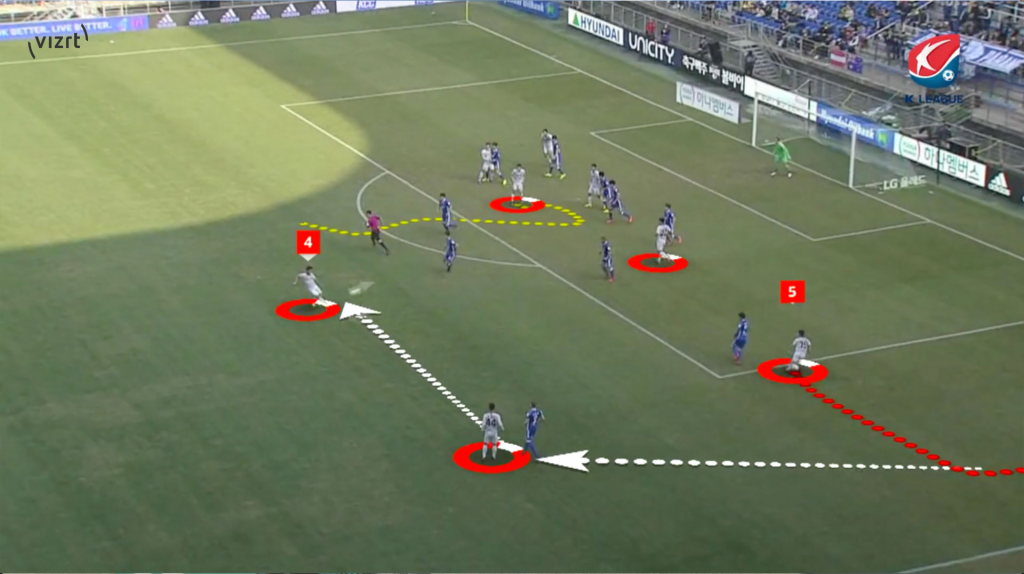Survey: AR, analysis, replay crucial for younger sports fans
June 20, 2023

A survey commissioned by Vizrt, a specialist in real-time graphics and live production solutions for content creators, outlines the changing landscape of sports consumption and reveals drastically different habits for younger audiences.
While over 76 per cent of respondents’ top choice for watching sports content is still on television, these preferences change based on demographic. Over half of Gen Z (67 per cent), those born in the late 1990s to early 2000s, prefer consuming sports content on their phones while on the go (vs per cent of millennials and 23 per cent of Gen X). Gen Z also stated they are opting for mobile phone viewing as a whopping 37 per cent access all their content via mobile devices due to accessibility (54 per cent), convenience (46 per cent), and the ability to multitask (43 per cent).
It isn’t just Gen Z that is consuming content on their phones, 30 per cent of all respondents stated they watch sports on their mobile phones regardless of demographic. Furthermore, viewers are watching on digital channels more than ever before with nearly 60 per cent of respondents (59 per cent), and 74 per cent of Gen Z, sharing that they use social media to catch up on sports, indicating a further decline in traditional sports viewing experiences.
Full-game viewing experiences are becoming rarer, as the younger generation prefers highlights and catch-up options to stay up to date with sporting events. Only 58 per cent of Gen Z watch sports live from start to finish, emphasising the need for shorter, more condensed content. And many participants concluded that even though live is their preferred method of consuming sports, they are watching full matches and games less often.
“The results of our Viewer Engagement Survey emphasise the importance of adapting content for the younger generation’s viewing habits. Millennials and Gen Z desire shorter, engaging content that they can consume on the go. They expect augmented reality (AR) graphics, real-time data, and exciting analysis to enhance their immersion in the game, and any broadcaster not considering these elements within their content is already falling behind,” commented Andy O’Neil, Head of Sports (EMEA and APAC) at Vizrt.
Immersive viewing experiences essential for ‘capturing eyeballs’
With the changing habits of sports fans, there are ways to engage viewers for longer by bringing in immersive visuals. Approximately 79 per cent of sports fans surveyed felt more interested in the sports content, and thus more likely to watch a broadcast if graphics and virtual elements like augmented reality graphics, virtual studios, and data analysis and replay are used. Using virtual sets in sports commentary, for example, enhances the viewing experience for 65 per cent of millennials.
More than that, 57 per cent of viewers were more likely to watch content for longer if virtual elements were used, and this increased to 63 per cent for Gen Z respondents. Nearly a third (29 per cent) of those surveyed also agree that graphics and virtual elements added to a sports broadcast make them more likely to watch that broadcaster’s coverage in the future.
“The data that came back on the importance of an immersive experience using additional graphics for audiences was astonishing. Its clear advanced visuals and graphics are vital for capturing the attention of younger viewers and enhancing their engagement. As a trusted partner and provider, we are here to help ensure we support anyone looking to maximise their viewer engagement and make the most of their sports productions,” concluded O’Neil.
